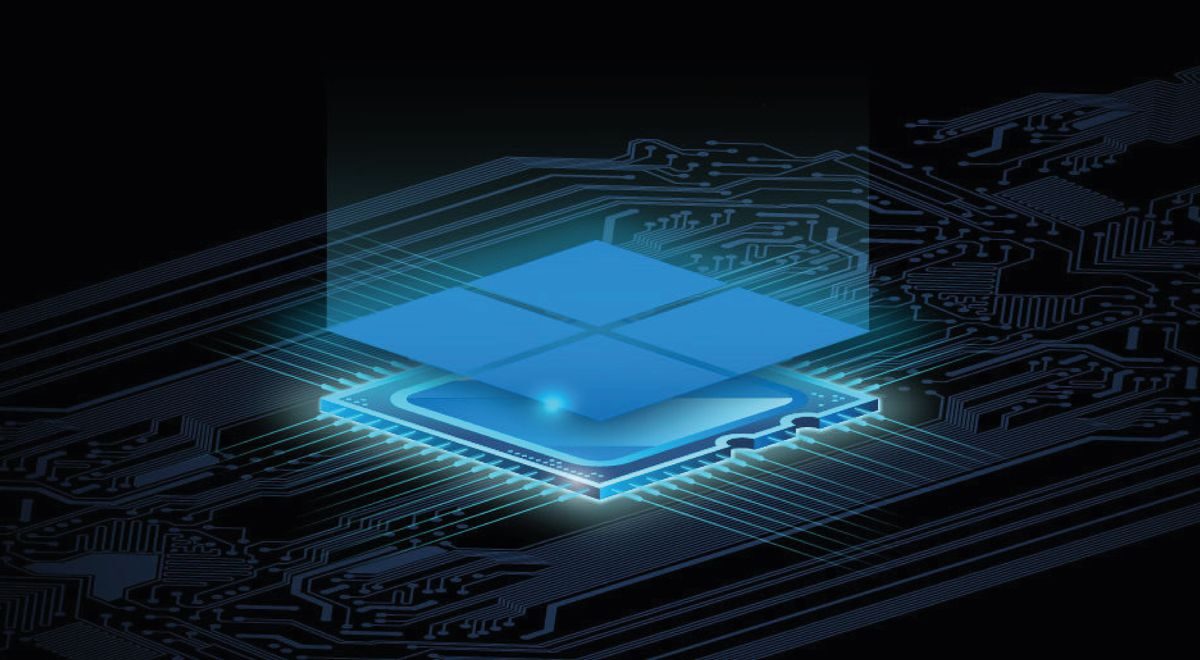Microsoft Pluto processor, the latest in security

For some time now, computers have been equipped with microchips that have the unique and exclusive function of providing security support.
However, to this day they continue to present vulnerability problems, constituting a risk for users.
The biggest example is the TPM (Trusted Platform Module), which has recently been compromised in the new Windows 11.
It is for this reason that the Microsoft Pluto processor has finally arrived, which was announced just over a year ago. The novelty is that it will be incorporated into Lenovo laptops.
What is the problem with chips like the TPM?
The main drawback of these devices is not how they work, but the way they are applied. In this sense, they are implemented externally to the processor, being the main cause of their vulnerability.
The security problems occur precisely through the channel that joins both the chip and the processor. Based on the vulnerability presented, companies choose to include them within the same CPU.

Great examples are those of the T2 of Apple processors, as well as the Titan M that Google uses.
Now, the stage is set for the Microsoft Pluto processor, which will specifically be used in Lenovo's new line of notebooks. It is worth mentioning that they will be included with AMD processors.
Learn more about the new Microsoft Pluto
The main novelty presented by the new Microsoft processors is that they are included within the same CPU. Specifically, they will come in the AMD Ryzen 6000 in the new Lenovo laptops.
One of its most important functions is to save those data that are most important to the user, if so available.
Indeed, BitLoker passwords, personal information such as your identity, firmware, among others.
Precisely, what allows the chip to be inside the processor is to avoid the communication channel between the two, this being the most vulnerable.
Its firmness is such that the information found inside the processor cannot be managed by any hacker. Even if the latter has managed to sneak into the security protocols of your computer.
This strength is thanks to the Secure Hardware Cryptography Key technology, known by its acronym SHACK. The latter has the characteristic of containing all the data so that it can never be outside the capabilities of the hardware.
It remains to wait for this new technology to be efficient enough to allow vulnerability problems to be forgotten, especially in Windows 11.
